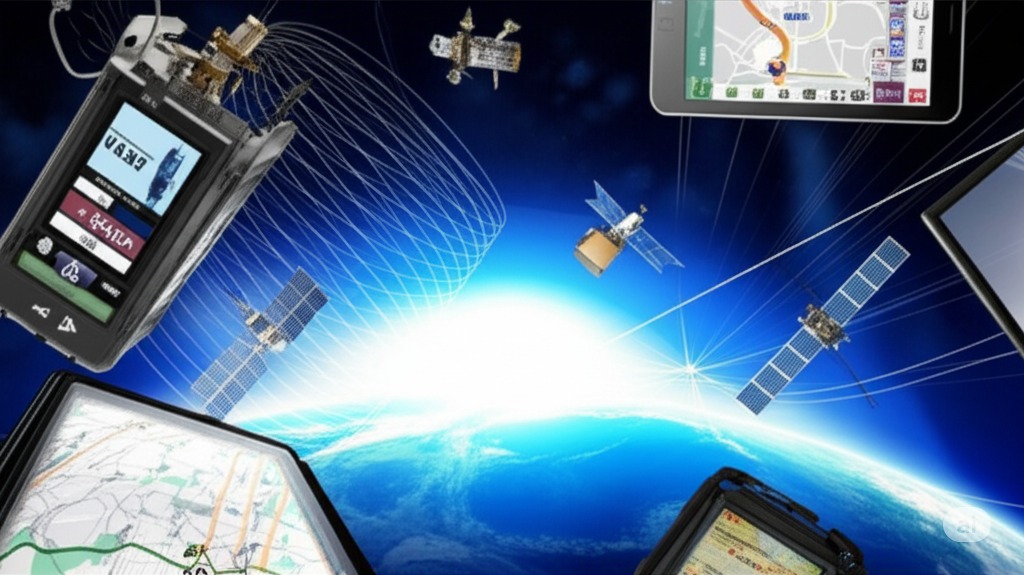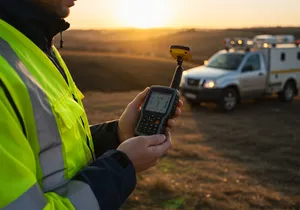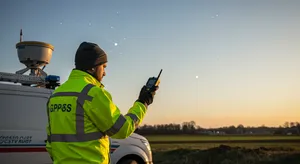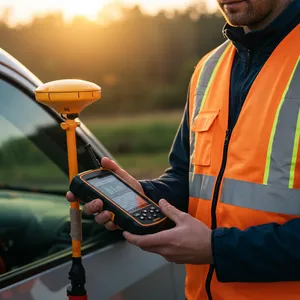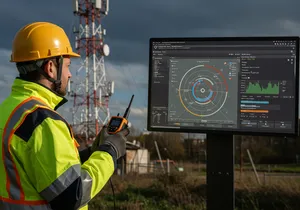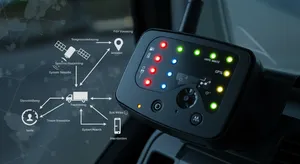Common GPS Signal Loss Causes
- Physical obstructions blocking satellite signals (buildings, tunnels, bridges)
- Weather conditions affecting signal transmission (heavy rain, snow, storms)
- Equipment malfunction or hardware failure in GPS devices
- Antenna damage or improper installation affecting signal reception
- Power supply issues causing intermittent device operation
- Software bugs or firmware problems in tracking systems
- Electromagnetic interference from other electronic devices
- Satellite constellation issues or maintenance periods

